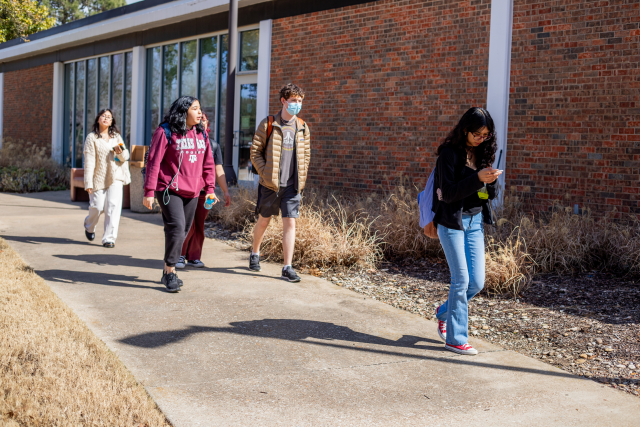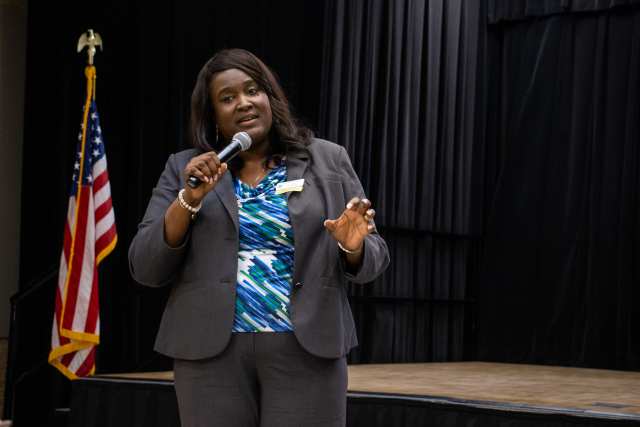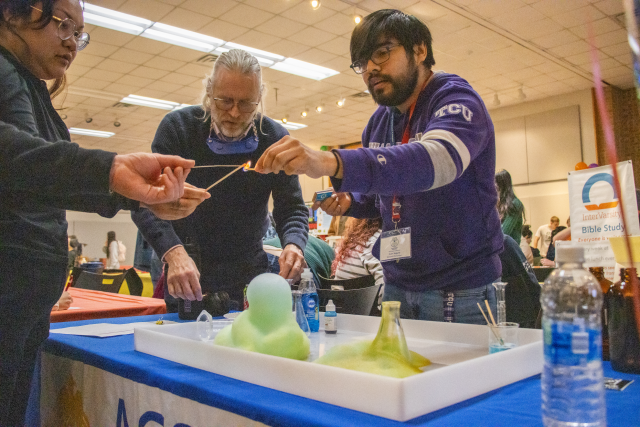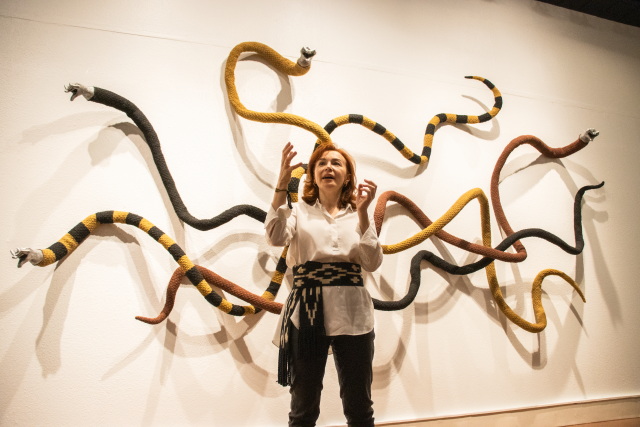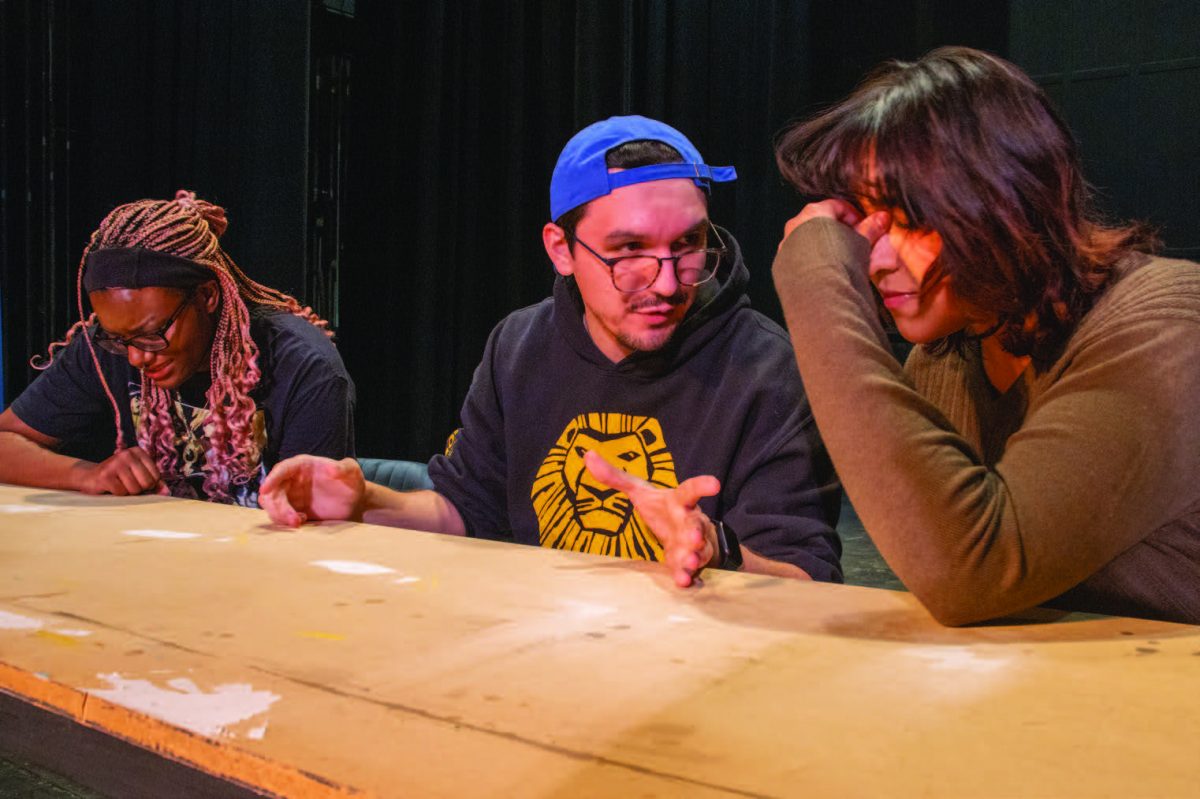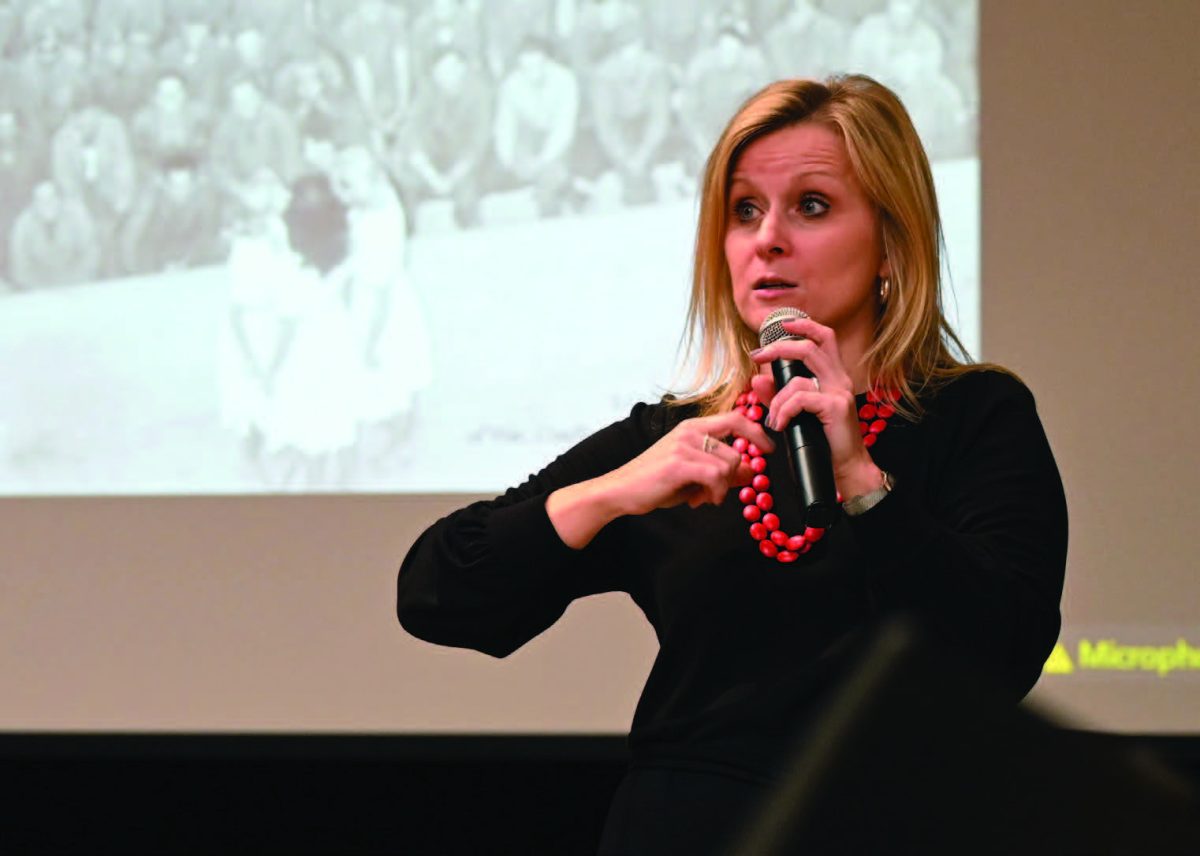KEYLA HOLMES
campus editor
keyla.holmes@my.tccd.edu
While students are returning to campus for the spring semester, there is a surge of respiratory illnesses.
According to the Centers for Disease Control and Prevention, respiratory disease in the U.S. is elevated as of Jan. 22.
As students and staff return to school, they expressed their concerns and desire to stay healthy.
For NE student Evan Marks, getting sick and missing more than one class in a row is a big point of anxiety.
“It’s going to hinder your performance,” Marks said. “Imagine you have to take a pop quiz or it’s a test day and you’re on Sudafed, or nothing at all just feeling sick and gross.”
Marks has family members who’ve recently been sick. His mom had a bad cough after Thanksgiving break and spent about a week on the couch. His stepdad had the flu.
According to the American Red Cross website, 7.1 million in the U.S. have been sick with the flu this season.
NE history assistant professor Cynthia Lewis and her daughter caught a respiratory illness over Christmas break. Even though it has been a few weeks, they’re both still recovering.
“We all want a strong start to any semester, and getting sick can really hinder that,” she said.
Marks fees like illnesses such as COVID, the flu or even preexisting conditions can cause students to miss a lot of classes. He thinks this could lead to students wanting to drop their courses, he said.
“It takes so much more out of you to catch up,” Marks said.
Lewis encourages students to communicate with their instructors while battling an illness. In her experience, instructors are more than willing to help students get caught up in class, she said.
“TCC faculty understands how challenging it is to juggle responsibilities while battling an illness,” Lewis said.
To stay safe, NE biology associate professor Lara Kingeter knows washing hands, avoiding touching the face and wearing a mask can keep students healthy.
Respiratory illnesses can spread by what is known as droplet transmission.
“Every time you breathe out, you are exhaling moisture,” Kingeter said. “So that’s how those viruses are spreading, they’re hitching a ride on those respiratory droplets.”
While she knows people have strong feelings about masks, they prevent students from inhaling other peoples’ respiratory droplets, she said.
When COVID-19 began, Marks was living in New York. He realized he’d experienced a very different pandemic than from those in Texas after moving here in August 2020, he said.
“It felt dire,” Marks said. “People were afraid to hang out because they thought that might kill their friend – or like driving past field hospitals. It was crazy.”
When he got to Texas, he was shocked.
“No one was masking,” Marks said. “No one was double-masking, and people in New York double-masked.”
In Texas, Marks feels like wearing a mask isn’t a part of people’s daily habits like in New York.
“It’s like wearing a mask has certain connotations,” he said.
For students who’d like to wear a mask, they can be found in the NSTU building outside of the health services door. Marks thinks having masks around is helpful.
“Sometimes I show up and I forget my mask, and it’s right there if I want one, especially because I live with my parents, both over 55, and they have heart health issues,” he said.


















